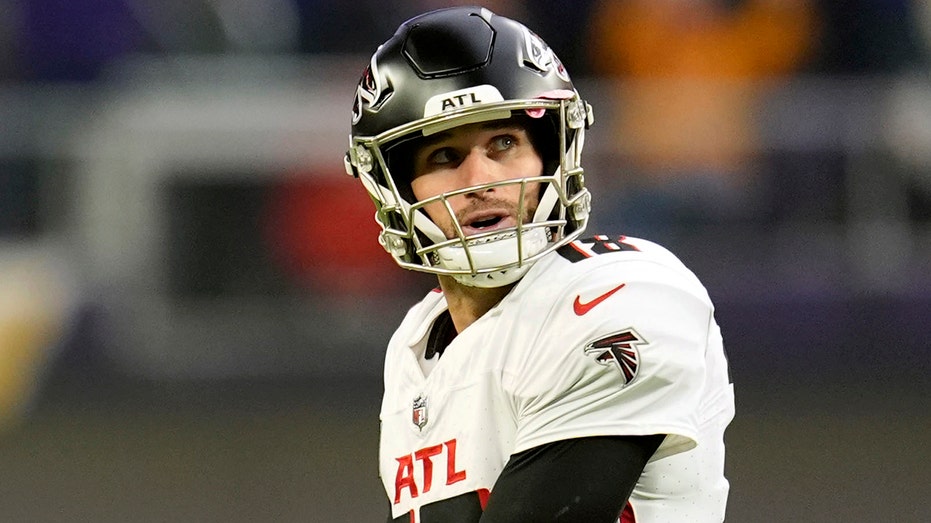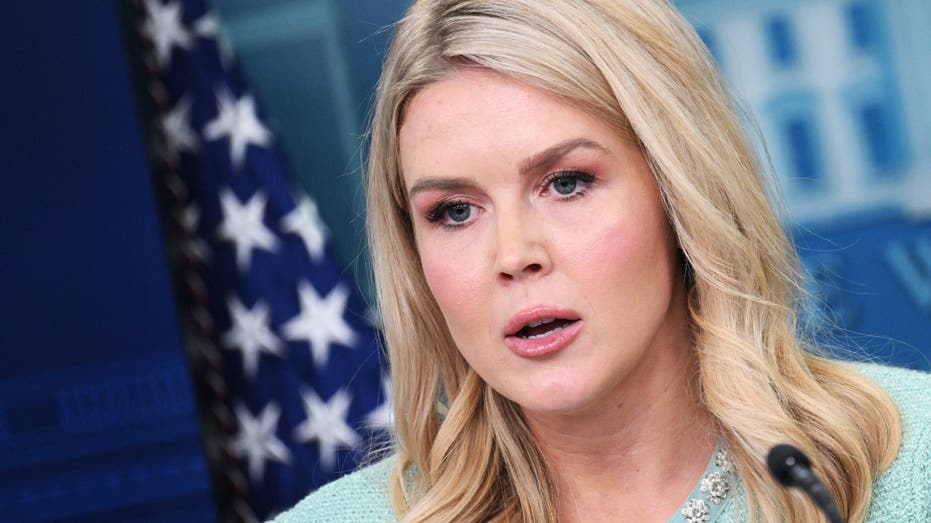Senate GOP urges its candidates to support IVF after Alabama ruling
After the National Republican Senatorial Committee released its memo, at least three party candidates publicly backed IVF.


The Senate GOP's campaign arm on Friday urged its candidates to publicly express their support for IVF treatment and condemn efforts to limit its accessibility.
In a memo sent by National Republican Senatorial Committee Executive Director Jason Thielman, the party's campaign apparatus instructs candidates to “Clearly state your support for IVF and fertility-related services as blessings for those seeking to have children” and to “Publicly oppose any efforts to restrict access to IVF and other fertility treatments, framing such opposition as a defense of family values and individual freedom.”
The directive comes days after the Alabama Supreme Court ruled that frozen embryos are children under state law, putting patients and physicians conducting IVF treatment at risk of criminal prosecution. Three medical centers in Alabama have paused IVF treatments so far since the decision.
“When responding to the Alabama Supreme Court ruling, it is imperative that our candidates align with the public’s overwhelming support for IVF and fertility treatments,” the NRSC memo states. “By advocating for increased access to these services, opposing restrictions, and emphasizing the importance of supporting families in their journey to conceive, our candidates can demonstrate compassion, respect for family values, and a commitment to individual freedom.”
Abortion and reproductive rights are seen as a major liability for Republicans in 2024. Voters have overwhelmingly supported protections for abortion access in multiple state referendums on the matter — and Democrats leaned in heavily to the issue during the midterms. President Joe Biden's party plans to do the same in 2024.
That could have a particular impact in the Senate, where Republicans are in a prime position to take back the majority in November. They are virtually guaranteed to flip a West Virginia Senate seat after Sen. Joe Manchin (D-W.Va.) opted against reelection. The GOP also has pickup opportunities in Ohio and Montana, and second-tier opportunities in Wisconsin, Nevada, Pennsylvania and Michigan.
After the memo's release, at least five Republican Senate candidates issued statements in support of IVF: Kari Lake in Arizona, Tim Sheehy in Montana, Sam Brown in Nevada, Mike Rogers in Michigan and Matt Dolan in Ohio.
“IVF is extremely important for helping countless families experience the joy of parenthood. I oppose restrictions,” Lake wrote on social media.
Sheehy wrote: “We want to find more ways to bring beautiful babies into this world, not less. IVF is a path for families to grow and thrive.”
“IVF and other similar fertility treatments are a blessing for so many families seeking that joy and we should ensure they remain accessible for them,” Brown wrote.
Rogers added that he opposes “any and all efforts to restrict access to IVF — period,” and Dolan wrote that “Society needs more loving and stable families, not less. IVF and fertility-related services are a blessing for those seeking to have children.”
The memo cited data from a nationwide study conducted in October by Kellyanne Conway's consulting firm on IVF and fertility treatments. That survey found that 85 percent of respondents support increasing access to fertility treatments and that in “conservative circles, including pro-life advocates and Evangelicals,” support for IVF is “robust” — with 78 and 83 percent support, respectively.
The NRSC directive to align with public opinion on IVF illustrates an attempt to get ahead of public pushback against the Alabama ruling. Many Senate Republicans have remained mum on the ruling during a two-week break from their legislative session. But the ruling has quickly picked up steam on the campaign trail as Democrats are eager to own the issue of reproductive access.
The Democratic Senatorial Campaign Committee quickly clapped back at the NRSC memo on Friday. Spokesperson David Bergstein wrote in a statement: "The fact that the NRSC had to tell their candidates how unpopular their own agenda opposing women’s reproductive freedom is speaks for itself."
The NRSC has shaped its own list of favored candidates over the past year, hoping to pick candidates who can win both primaries and general elections.
Natalie Allison contributed to this report.



